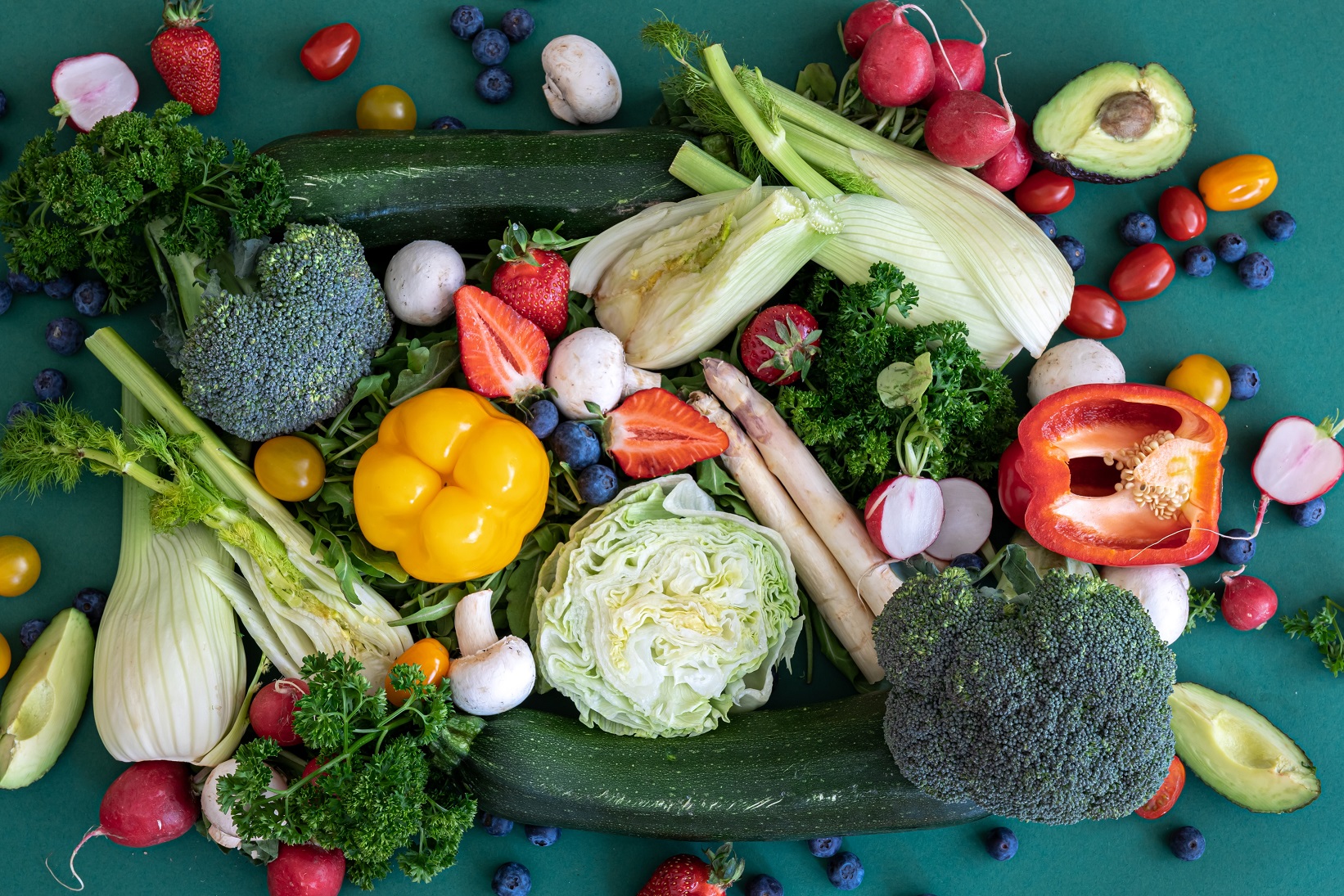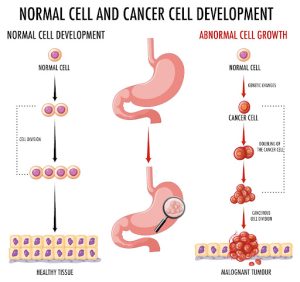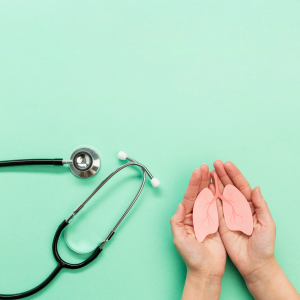Disclaimer:
This article is for information purposes only. It is not a substitute for medical advice or treatment. Seek medical care for your treatment
Blood pressure is the force of blood flow against the walls of blood vessels. Heart pumps the blood throughout the entire body. Low blood pressure is also called hypotension. Reading less than 90/60 mm Hg is considered low blood pressure. Blood pressure has two numbers, the top number is systolic and the bottom number is diastolic. Everybody has different Blood pressure readings and these numbers oscillate throughout the day. Your blood pressure is influenced by your body postures. For instance, your blood pressure lowers if you abruptly stand or you are sleeping. Some underlying health conditions can be the cause of low blood pressure.
10% to 20% old age Americans are suffering from blood pressure. Blood pressure affects aged people more. Your blood pressure relies on three things:
- Your case history
- How old are you
- Your overall body conditions
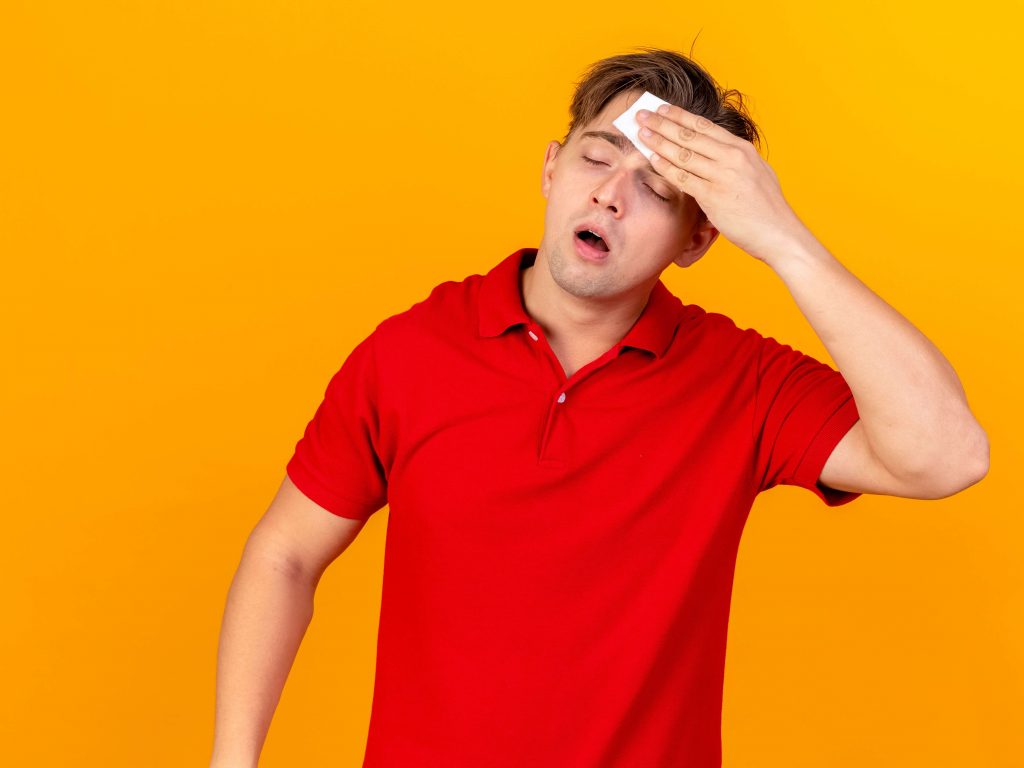
Symptoms of low blood pressure
If low blood pressure is not treated carefully, it can cause serious damage to the brain and heart. Diabetes and side effects of certain medicines and various other reasons can contribute to low blood pressure. You should consult the doctor immediately if you are suffering from these symptoms:
- Dejection
- Blurry vision
- Drowsiness
- Discomposure
- Pass out
- Weariness
- Dehydrated
- Feeling cold
- Lack of concentration or absent-mindedness
- Vomiting and nausea
- Fast irregular breathing
- Sweating

Factors that contribute to low blood pressure
There can be several underlying reasons behind low blood pressure. Some are short-term and can be treated easily.
Detecting and curing diseases enlisted below can help control low blood pressure.
Addison’s disease, Anaphylaxis, Anemia, Loss of blood, Low heart rate, Dehydration, Diabetes, heart attack, hypothyroidism, liver failure, parathyroid disease, pregnancy, some serious infection, orthostatic hypotension, and head injury.
For diagnosis doctors might perform these simple tests:
Simple blood tests to examine infections, blood sugar, and hormone levels, an ECG or Holter monitor, an echocardiogram and exercise stress test for checking your heart wellbeing, a tilt table test, and Valsalva maneuver.
Health conditions that can cause low blood pressure are enlisted below:
- Medications
Certain medicines that are used for treating high blood pressure and other health conditions can lower your blood pressure levels. Consult with your Primary Health care physician.
- Sudden shock
Sudden shock is mortal. Shock can happen because of certain critical conditions mentioned below:
- Heart attack
- Serious infection
- in reaction to certain allergy
- blood clotting
- grave injury or burn
Often shock results in low blood pressure which can make your body go into shock. Treating low blood pressure through blood transfusions can raise blood pressure. People suffering from a peanut allergy, bee stings, or other various allergens can be saved by giving a shot of epinephrine.
If any emergency emerges promptly call 911. Meanwhile, it is imperative to keep the person in shock, warm and cozy with the help of blankets or coats.
Upraise the person’s legs 7-12 inches off the ground using pillows or whatever is available at that moment.
Stroke
Stroke is the foremost reason for long-term ailments. A stroke happens because of high blood pressure. It is cardinal to control your blood levels to prevent strokes.
It is advised by American Stroke Association Trusted Source to keep blood pressure high for up to 72 hours right after the stroke, this helps in preventing any brain damage.
Identify the cause of low blood pressure
Having low blood pressure occasionally is not alarming. Keep a record of your symptoms and discuss them with your doctor if lifestyle changes are not fixing your low blood pressure. Avoid standing for long periods if you have orthostatic hypotension. Emotionally disturbing situations can also result in low blood pressure. Low blood pressure can lead to depression.
How to raise low blood pressure through diet
First thing is to consult your doctor if you are suffering from hypotension. The doctor will suggest some changes in lifestyle and medications to know the root cause. It is imperative to seek medical attention before making any amendments to your diet or medications. However, you can raise your low blood pressure naturally through diet:
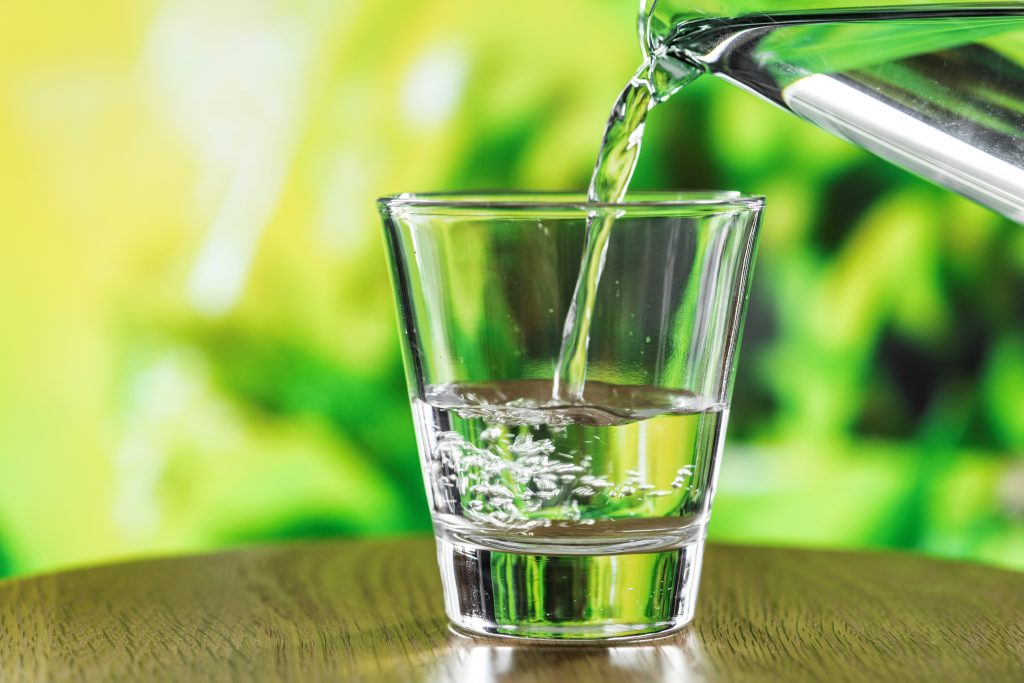
Drink plenty of water
When you are dehydrated, your blood volume drops that leads to low blood pressure. In some people, even light dehydration can be a cause of hypotension. You can quickly get dehydrated by losing your body water. Dehydration can happen through vomiting, acute diarrhea, fever, extreme workout, and profuse sweating. Medicines like Diuretics also result in dehydration. Doctors advise taking at least 2 liters (almost 8 glasses) of water each day. Although in different weather your water intake may vary. Most of us forget to take the required amount of water. The best is to download an app or set a reminder. Buy a nice portable water bottle.
Quaff alcohol sensibly
Quaffing alcohol not only badly affects your health but also dehydrates you by reducing your blood volume which lowers your blood pressure. Quaff alcohol sensibly. Take a glass of water after every drink to evade dehydration. If you have normal blood pressure, still get your blood pressure level checked once or twice a year. Keeping blood pressure normal is essential for your heart and arteries. Contact the best cardiologist if you are suffering from low blood pressure symptoms.
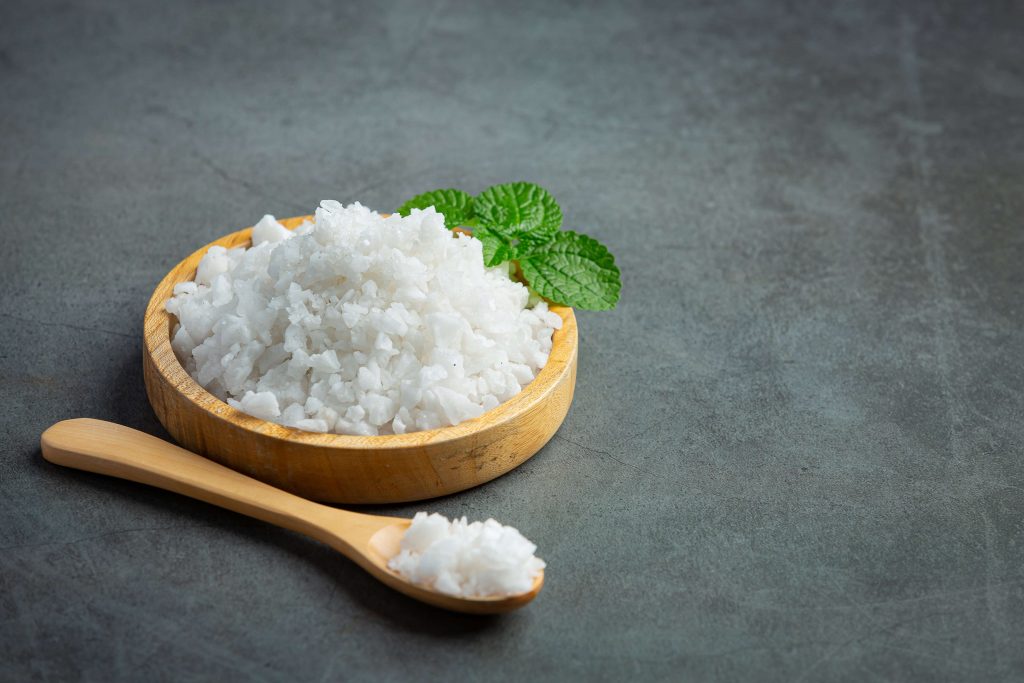
Ingest salty foods
Salt or sodium-rich foods can immediately boost your blood pressure level. But too much sodium intake can raise blood pressure too much, leading to heart disease. Always consult your health care provider before consuming salt to raise your low blood pressure. Cottage cheese, olives, and canned soup or tuna are great sources of salt. You can also add table or sea salt to your unprocessed foods to keep a check on your salt intake.
Try to balance your blood sugar levels
Diabetes and high sugar levels are also the primary reasons for blood pressure. Depletion in extracellular fluid volume can occur from the dieresis that follows high sugar levels. This happens when your body tries to debar glucose through excessive urination. Keep a blood sugar level monitor in your home to check every now and then. Visit your doctor and try to do medication, exercise, and have the best diet that your doctor suggests to balance your sugar levels.
Avoid large meals
Your body needs more energy to assimilate when you eat a large, heavy meal which can steeply fall your blood pressure. This problem occurs when you are fasting or skipping your meals which obviously leads to over-eating. Eating big meals can lead to low blood pressure which is more common in adults. After you consume your meal your blood flows to your digestive tract and your heart rate rises to balance blood pressure. If you cannot avoid large meals at one time simply reduce your meal size or eat smaller portions of food throughout the day, this is good for your digestion and blood flow and prevents low blood pressure. Cutting back on your Carbs makes your blood pressure more stable after eating.
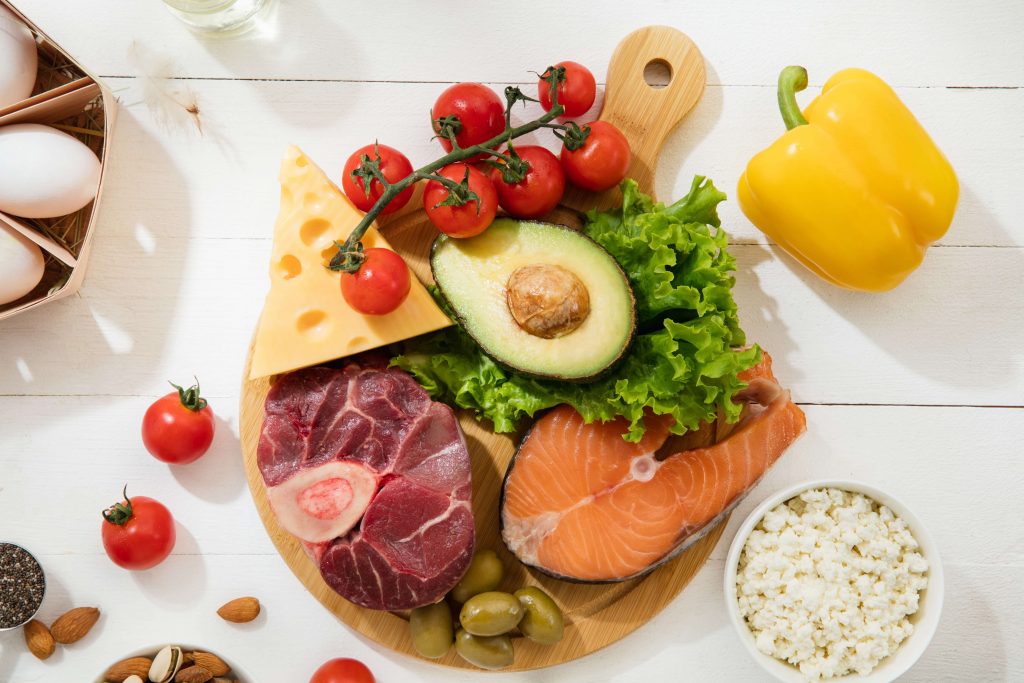
Take balanced diet
Low blood pressure and other diseases kick in if your body is not getting sufficient nutrients. Vitamin B12 plays a significant role in producing red blood cells. Deficit vitamin B12, folic acid, and iron can result in anemia. This happens when your body fails to make enough blood and causes low blood pressure thus, damaging your organ and nerve. In that case, your health care provider might suggest some healthy changes in your regular diet and might recommend some supplements.
- Vitamin B12-rich foods are eggs, chicken, fish like salmon and tuna, and low-fat dairy items.
- Vitamin B9 is another significant vitamin. Rich food sources of B9 are asparagus, broccoli, liver, legumes, lentils, and chickpeas. Folate deficiency has the same symptoms as B12 deficiency, resulting in anemia further causing low blood pressure.
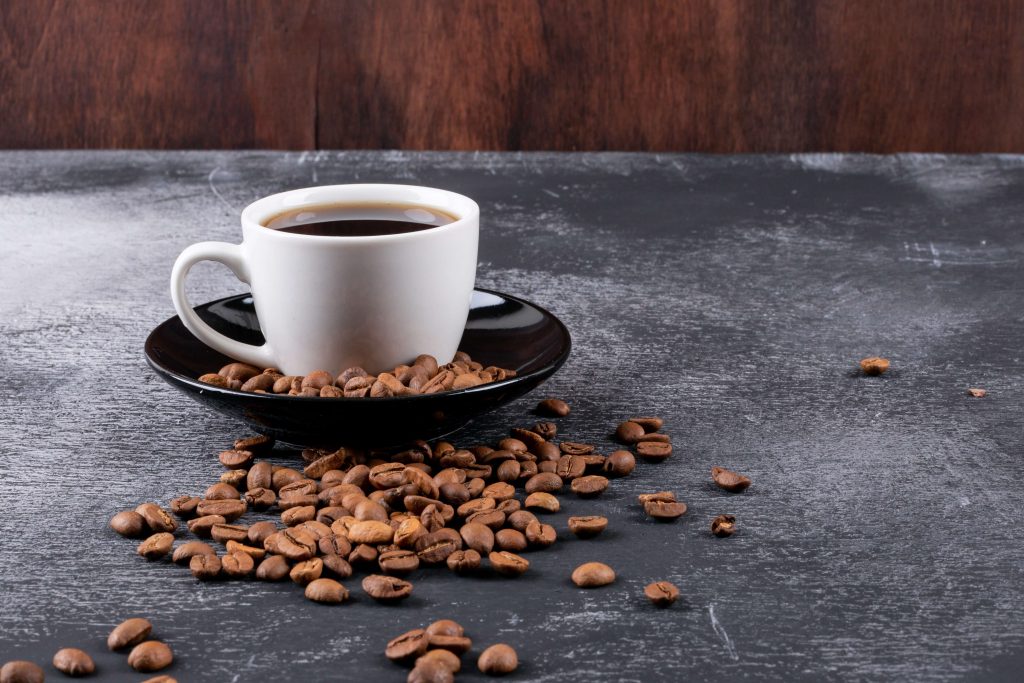
Drink coffee
Drinks like coffee and caffeinated tea can raise heart rate and a short-term sharp increase in blood pressure. Caffeine has different effects on different people. Daily coffee drinkers might develop a higher tolerance for its effects on the vascular system.
Get a thyroid test
Thyroid conditions are usual. Hypothyroidism is a result of a lack of production of thyroid hormones, which causes low blood pressure. A simple blood test can detect hypothyroidism. The right diet plan and right medication can enhance your thyroid function.
Put on compression stockings
Elastic stockings and socks help blood from reaching your legs. This diminishes orthostatic hypotension. People who are bedridden might need compression braces to push blood from the legs. Orthostatic hypotension generally happens in older people. Orthostatic hypotension happens in 30% of older adults and up to 11% of middle-aged people.
Take your medicines
Your doctor will prescribe you some medications to treat low blood pressure. These medicines help you treat orthostatic hypotension:
Certain medications can be used to increase blood pressure if someone’s BP is critically low
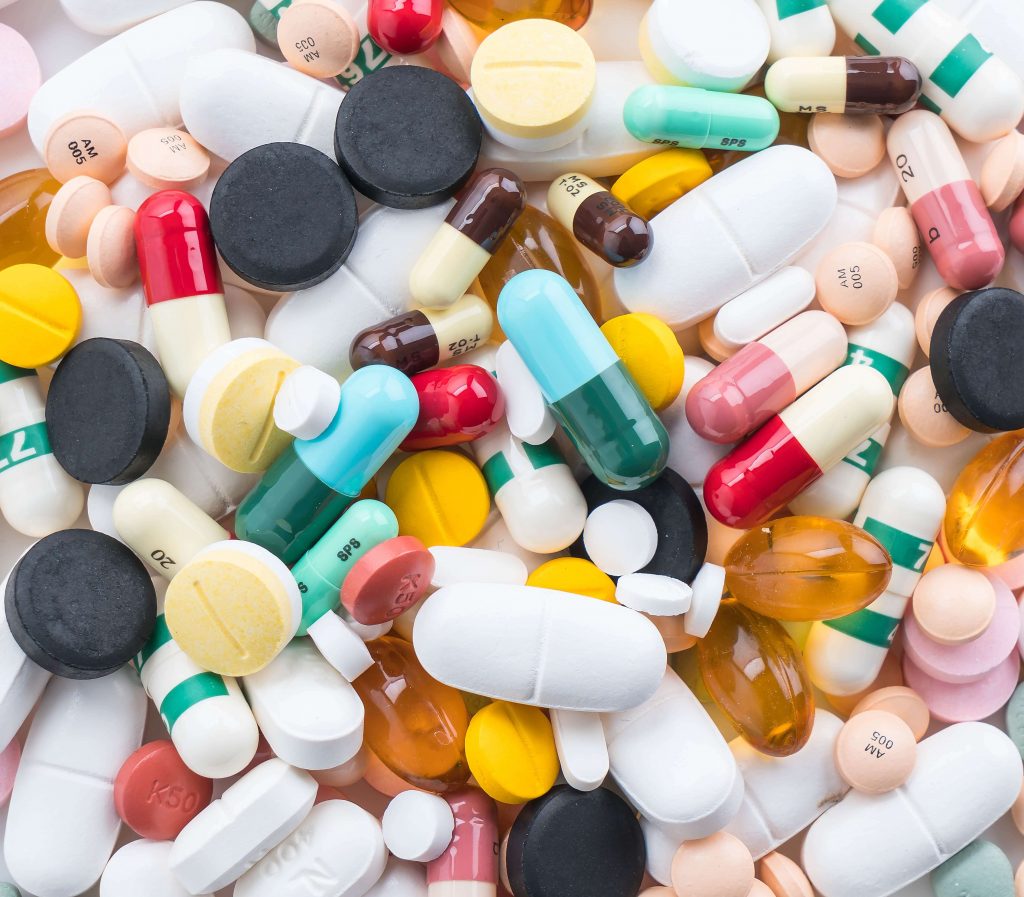
- Cure infections
Certain threatening bacterial and viral infections can result in low blood pressure. A blood test can detect if you have infections. Antibiotics and antiviral drugs can be given to treat infections.

